Have you ever wondered why some people and their dogs seem to be the perfect match, while others just can’t get on the same page? Choosing the right canine companion after 50 can be both thrilling and overwhelming, especially when your life, routines, and priorities have shifted. Maybe your kids have grown up and moved out. Perhaps your days are a little quieter now, or you’re ready for new adventures. Whatever your story, the secret to finding your dream dog might just be hidden in your own personality. Let’s uncover the ten key traits that can help you make the best choice for your golden years.
Patience: The Foundation of a Lasting Bond
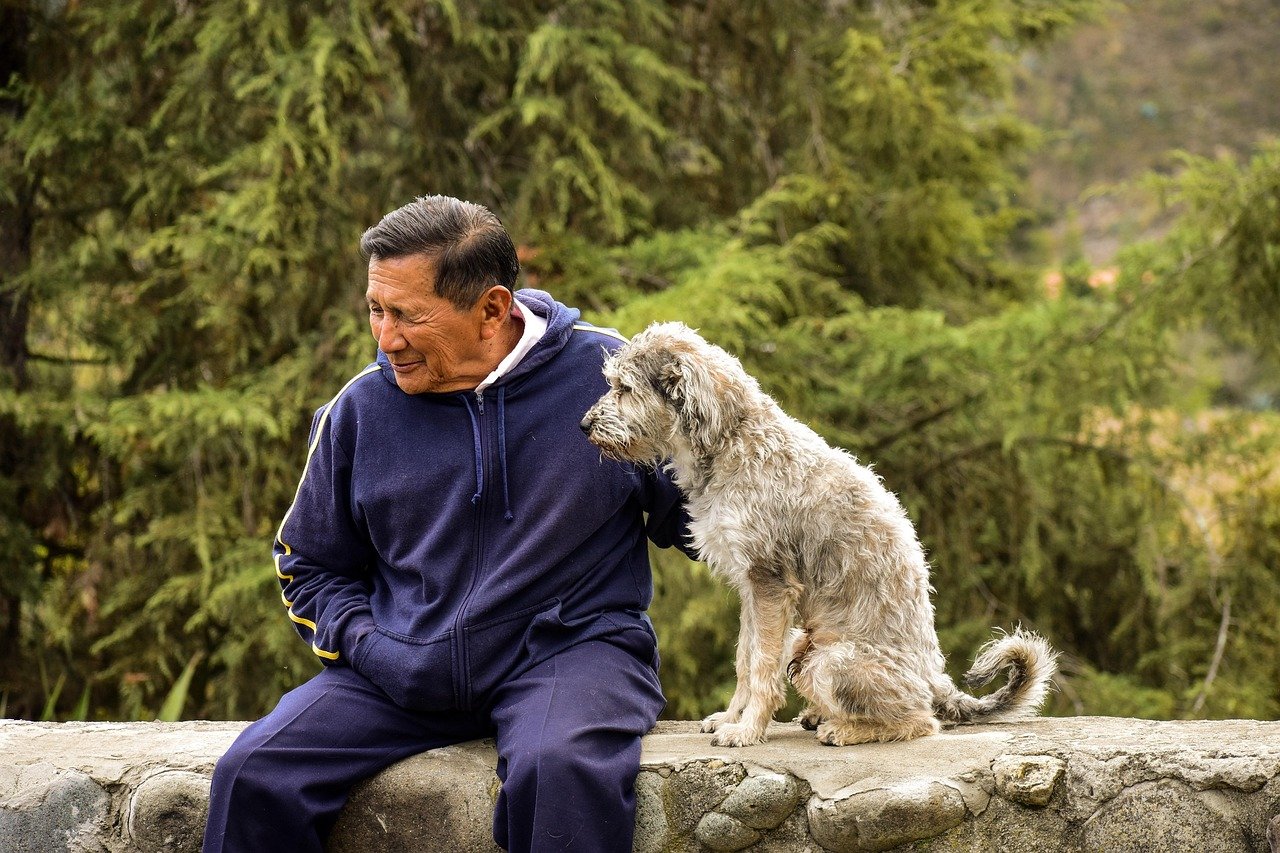
When it comes to welcoming a dog into your life after 50, patience isn’t just a virtue—it’s a necessity. Training a new puppy or adapting to a rescue dog’s quirks takes time, and patience helps you both adjust smoothly. Maybe you’re teaching your dog to walk calmly on a leash or waiting for them to feel secure in your home. If you tend to get frustrated quickly, you might prefer a mature dog who’s already mastered basic manners. But if you’re the patient type, you might love the challenge of nurturing a younger or more energetic pup. Patience keeps stress low and helps you savor every small victory along the way.
Flexibility: Rolling With Life’s Surprises
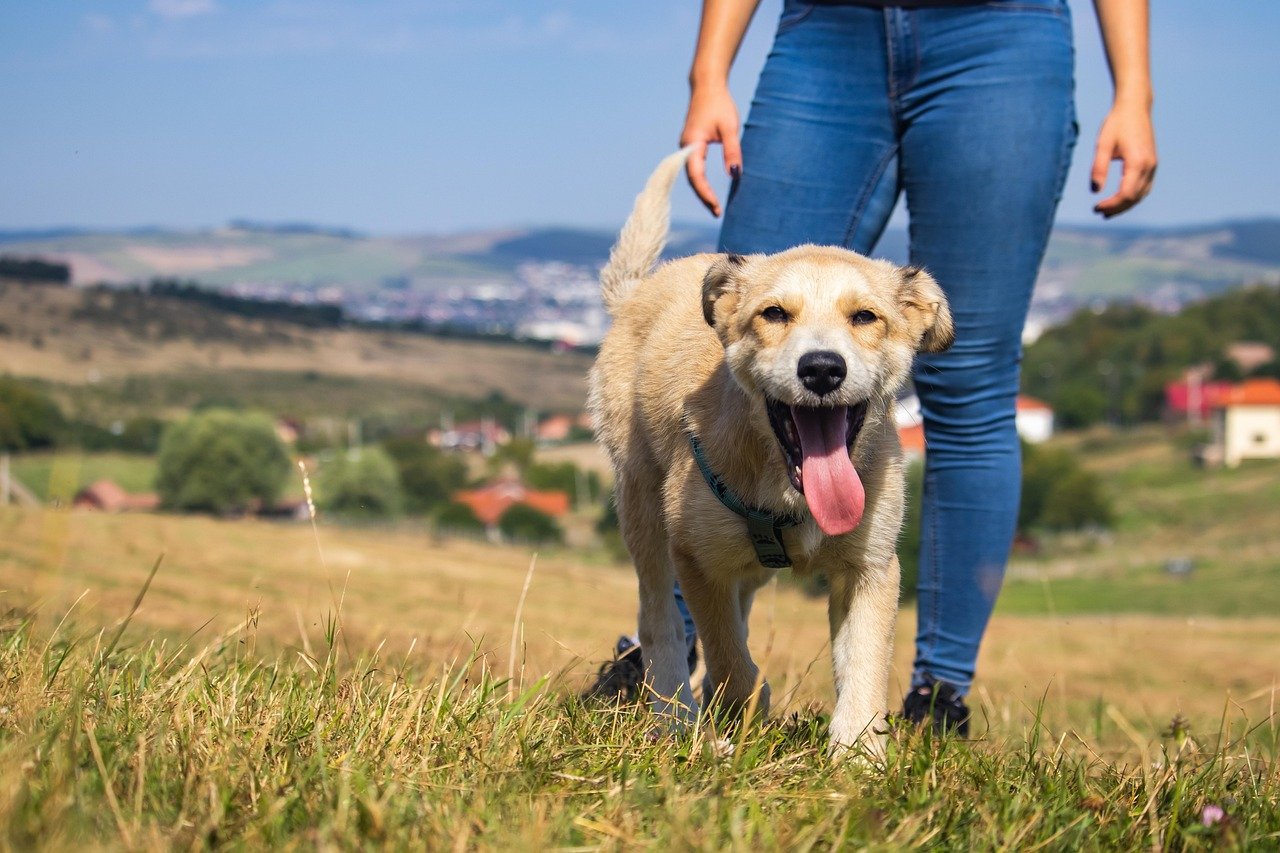
Life after 50 can be full of surprises, and so can dog ownership. Flexibility is a golden trait for anyone choosing a dog at this stage. Maybe you dreamed of long hikes with a border collie, but your knees have other ideas. Or perhaps your plan for a small lap dog turns upside down when you fall in love with a goofy retriever. If you’re someone who can roll with unexpected changes, you’ll find joy in whatever dog life throws your way. Dogs, like people, come with their own personalities and needs, and being adaptable allows you to enjoy the adventure together, even if it’s not exactly what you pictured.
Activity Level: Matching Energy for Daily Happiness
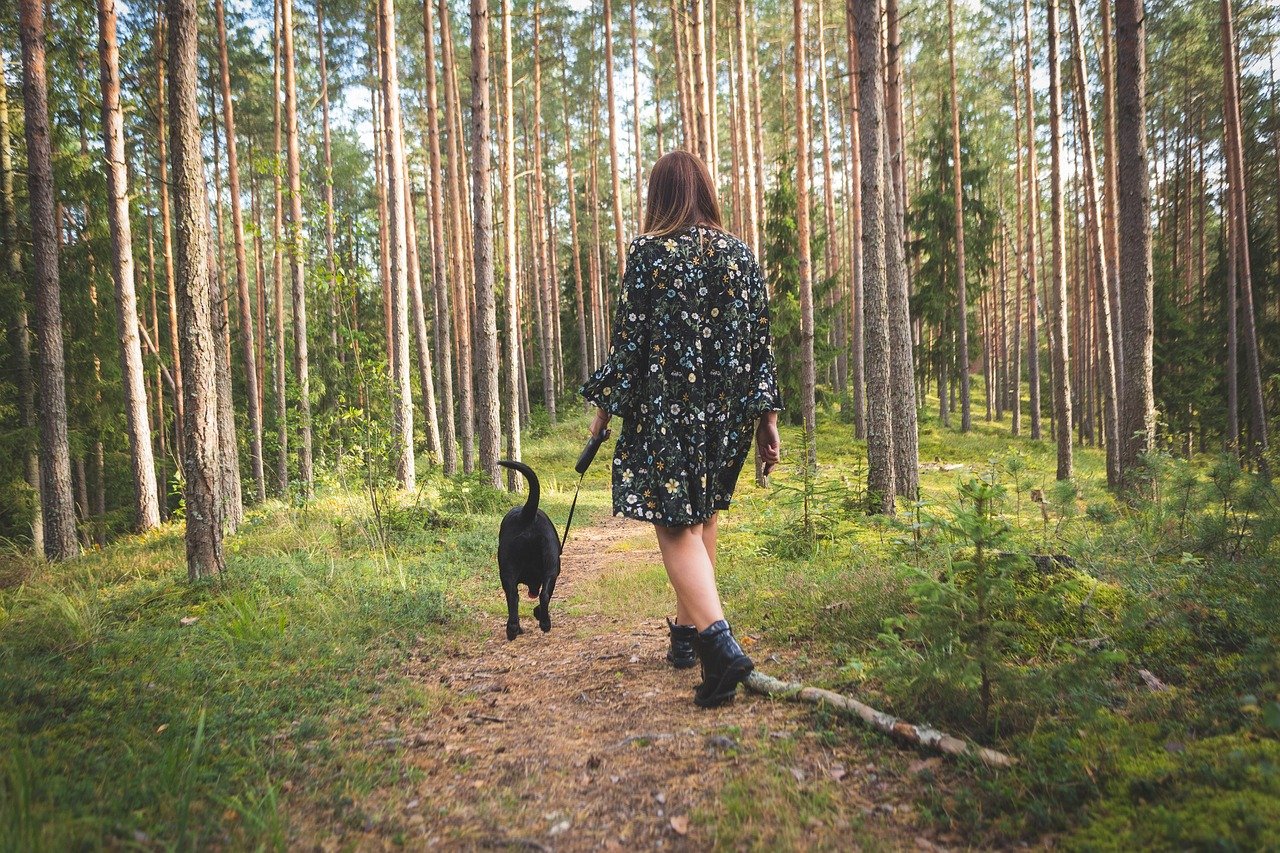
Your activity level is a huge part of choosing the right dog. Are you an early riser who loves morning walks, or do you prefer quiet afternoons with a book? If you’re active and love being outdoors, a spirited dog like a spaniel or terrier might be your match. But if you enjoy your peace and slower pace, a mellow breed like a bulldog or senior rescue can be perfect. Honestly assessing your own energy and routines helps ensure you and your new best friend are on the same wavelength. There’s nothing sadder than an energetic dog with a couch-potato owner—or vice versa.
Empathy: Understanding Your Dog’s Needs

Empathy is the secret sauce to any great relationship, including the one with your dog. Being able to tune into your dog’s emotions—whether they’re anxious about thunderstorms or excited for a car ride—makes you a more responsive and caring owner. After 50, you might have more time and life experience to really notice subtle cues, like a wagging tail or a nervous yawn. If you’re naturally empathetic, you’ll find joy in comforting your dog during tough times and sharing in their happiness. This mutual understanding builds trust and makes your bond truly special.
Sense of Humor: Laughing Through the Chaos
Let’s be real: dogs can be hilarious, unpredictable, and downright messy. If you can laugh when your new puppy chews your favorite slippers or when your senior dog snores louder than your partner, you’re already ahead of the game. A good sense of humor helps you see past the little annoyances and enjoy the funny, loveable moments that make dog ownership so rewarding. After 50, when you’ve seen life’s ups and downs, being able to chuckle at your dog’s antics brings lightness and joy to everyday life. Sometimes, the best therapy is a good laugh with your furry friend.
Openness to Learning: Embracing New Experiences
Dog ownership is a learning journey, no matter your age. Maybe you’ve had dogs before, or maybe this is your first time. Either way, being open to learning new things—like modern training methods, special diets, or dog-friendly technology—helps you give your new companion the best life possible. If you’re curious and eager to try new approaches, you’ll be able to adapt to your dog’s evolving needs and the ever-changing world of pet care. Openness to learning keeps you engaged and keeps your relationship with your dog fresh and exciting.
Commitment: Sticking Together Through Thick and Thin
Bringing a dog into your life after 50 is a big commitment, sometimes lasting a decade or more. If you’re the type who sticks by your promises, your future dog is in good hands. Dogs depend on us for everything, from daily walks to vet visits and cuddles on the couch. Commitment means showing up, even on days when you’d rather stay in bed or when your dog is having a tough time. If you’re ready to make your dog a true member of the family, your loyalty will be rewarded tenfold in love and companionship.
Social Nature: Enjoying Companionship and Community
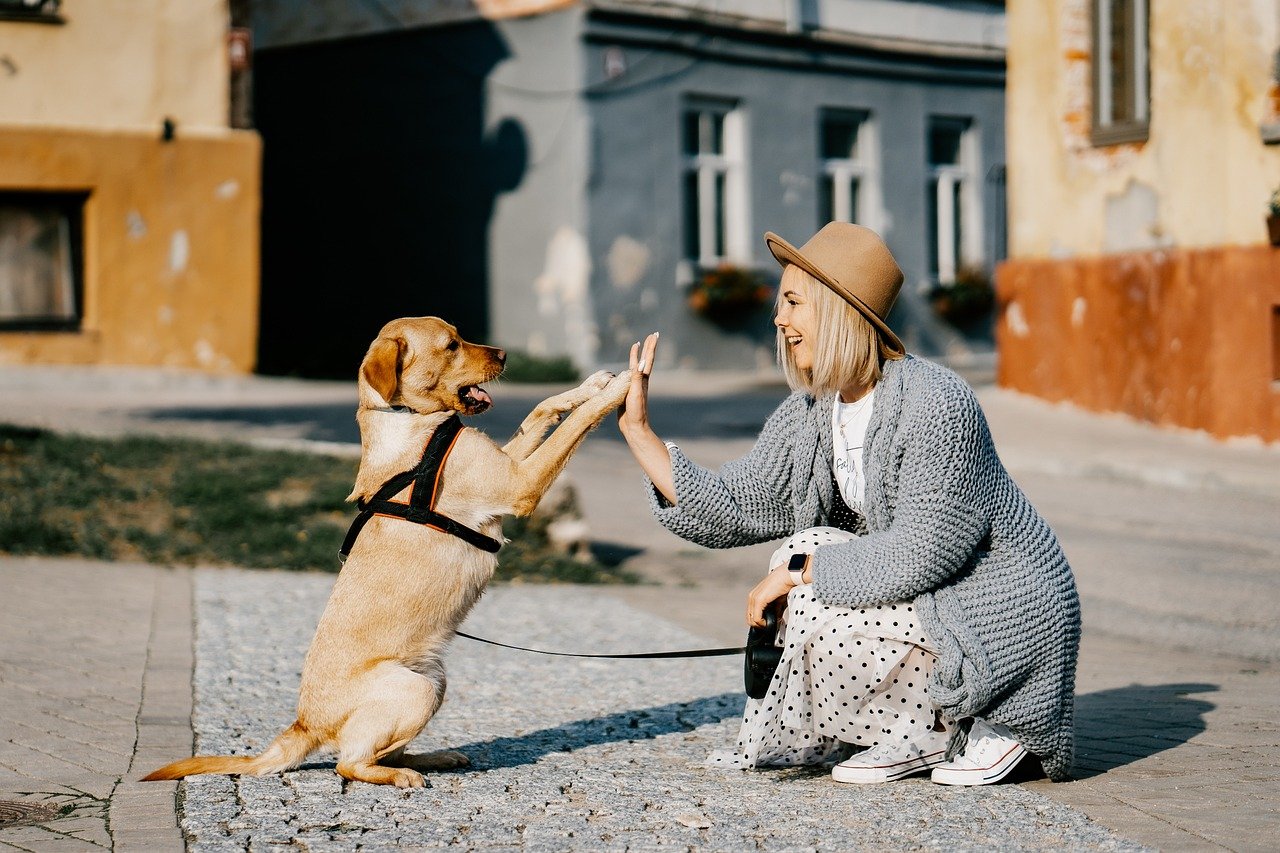
Some people love to chat with neighbors or join local clubs, while others cherish quiet time alone. Your social nature plays a big role in choosing the right dog. If you thrive on social connections, a friendly, outgoing dog can be your perfect icebreaker at the park or dog-friendly café. You’ll make new friends through training classes or neighborhood walks. On the other hand, if you’re more private, a calm, reserved breed might suit you better, offering quiet companionship without the need for constant attention from strangers. Knowing your own comfort zone helps you find a dog that complements your lifestyle.
Responsibility: Meeting Your Dog’s Daily Needs
Dogs rely on us for everything, and responsibility is key to their happiness and health. If you’re organized, reliable, and attentive to details, you’ll find joy in caring for your dog’s needs—feeding, grooming, exercise, and medical care. After 50, you might have more time to dedicate, but also more freedom to travel or pursue hobbies. If you’re honest about your ability to provide daily care, you’ll avoid frustration down the road. Sometimes, responsible people choose lower-maintenance breeds or arrange for pet sitters when needed, ensuring their dog never feels neglected.
Self-Awareness: Knowing Your Strengths and Limits
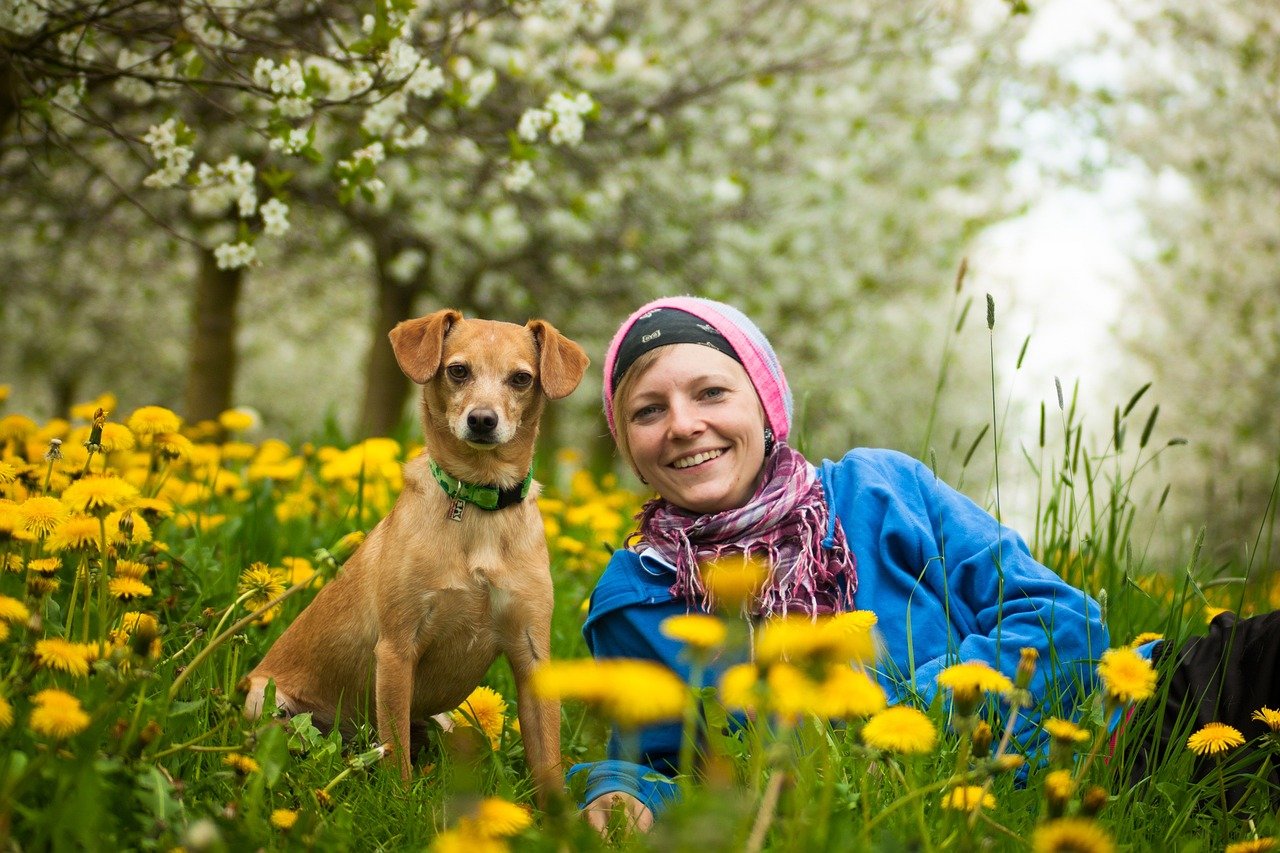
Self-awareness is like a compass guiding you to the right dog. Are you patient or impatient? Active or laid-back? Social or private? By understanding your own strengths and limits, you’re more likely to choose a dog that fits your lifestyle and personality. Maybe you realize a large, energetic breed isn’t practical for your apartment, or that a small, delicate dog could trip you up at home. Being honest with yourself—about health, energy, and preferences—ensures you make a choice that brings happiness, not stress, for both you and your new companion.

Linnea is a born and bred Swede but spends as much time as possible in Cape Town, South Africa. This is mainly due to Cape Town’s extraordinary scenery, wildlife, and atmosphere (in other words, because Cape Town is heaven on earth.) That being said, Sweden’s majestic forests forever hold a special place in her heart. Linnea spends as much time as she can close to the ocean collecting sea shells or in the park admiring puppies.





